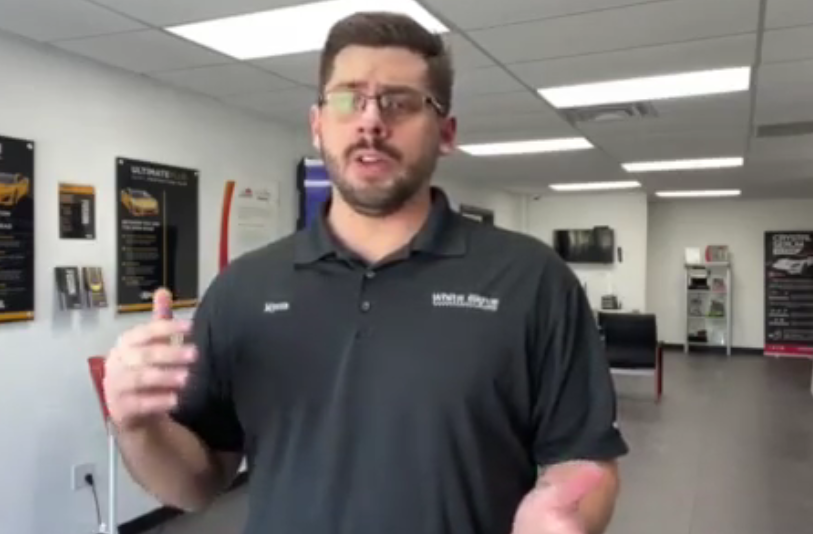Some might think it is improper to talk about the economy during a pandemic, but the fact of the matter is that a strong economy is vital to the country’s well-being. A weak economy reduces tax revenues impairing the ability of governments to deliver vital public services. In business, downturns can push companies to cut corners on matters of safety and the environment. A weak economy also tends to harm the charities and religious organizations that help those in need – even as demand for their services grows. Finally, a weak economy means more poverty along with increased social and health problems. For these reasons, policymakers should be listening carefully to what small business owners are saying about the need to reopen the economy.
Myron K. is the owner of White Glove Auto in Bixby, Oklahoma, and said, “The … shutdown has extremely impacted our business… Our sales are probably about 80 percent down. I have a 6,000-sq.-ft. shop… and currently — out of the 20 cars I can fit in the shop — I only have two cars in there. I’ve cut hours… It’s been devastating to our business; and, honestly, I don’t think we’ll be able to survive more than probably two to three more weeks of this. So we really need to have the businesses back in action by May 1st. We really do.”
Darcy Denton H. is the owner of Tip Top K9 in Nampa, Idaho, who stated, “The effect that we have seen on our business… with all of the quarantine mandates is that we’ve had several cancellations. Obviously, our business has slowed down significantly; and in the last week, we have only received one new lead. One. One new lead in a whole week. If this were to continue for more than another couple of weeks, we will have to shut our doors. There is no way that we can operate with no leads and no money coming in the door, and once that happens we will become homeless… This will obviously also affect the people that we employ and their families as well. So not only … are all of those things going to happen to our family, but they’re gonna happen to every single member of our team and their families. So this doesn’t just affect a few people. This is going to have a catastrophic, rippling effect throughout our community. And if our community is affected that badly and this is happening all over the United States, this is going to be disastrous. So we really need to have the ability to wisely and safely operate businesses in some capacity, or things are gonna look pretty grim.”
Dave R. owns both Morning Glory Eatery and Pappagallo’s, an Italian restaurant, in Satellite Beach, Florida. He implored, “We’re barely gonna be able to survive. I don’t how we’re going to be able to make it the next few weeks. If they keep us out of business longer… we’re essentially going to lose 65 or more employees between the two businesses we have here on the beach. We… just can’t stay closed… We’re open at the [Italian] restaurant for takeout and delivery, but we’ve closed the breakfast spot down… indefinitely until we can… put the seats back in… Right now, we have three hundred and two seats we can’t use… And we just can’t survive another month… We can’t survive what we’re doing now — much less more time.”
If you think these business owners represent just a small fraction of small businesses, then you might be interested in the findings of a recent survey. Earlier this month, the Chamber of Commerce and MetLife released a survey of small business owners and operators, and what they had to say is disturbing. Forty-three percent of respondents did not believe that their business could operate for 6 months without being forced to close permanently, and another 13 percent did not know how long they could last. Knowing that small businesses employ nearly half of all private sector workers in the country, policymakers should heed the warnings of small business owners before it is too late.
Richard McCarty is the Director of Research at Americans for Limited Government Foundation.







